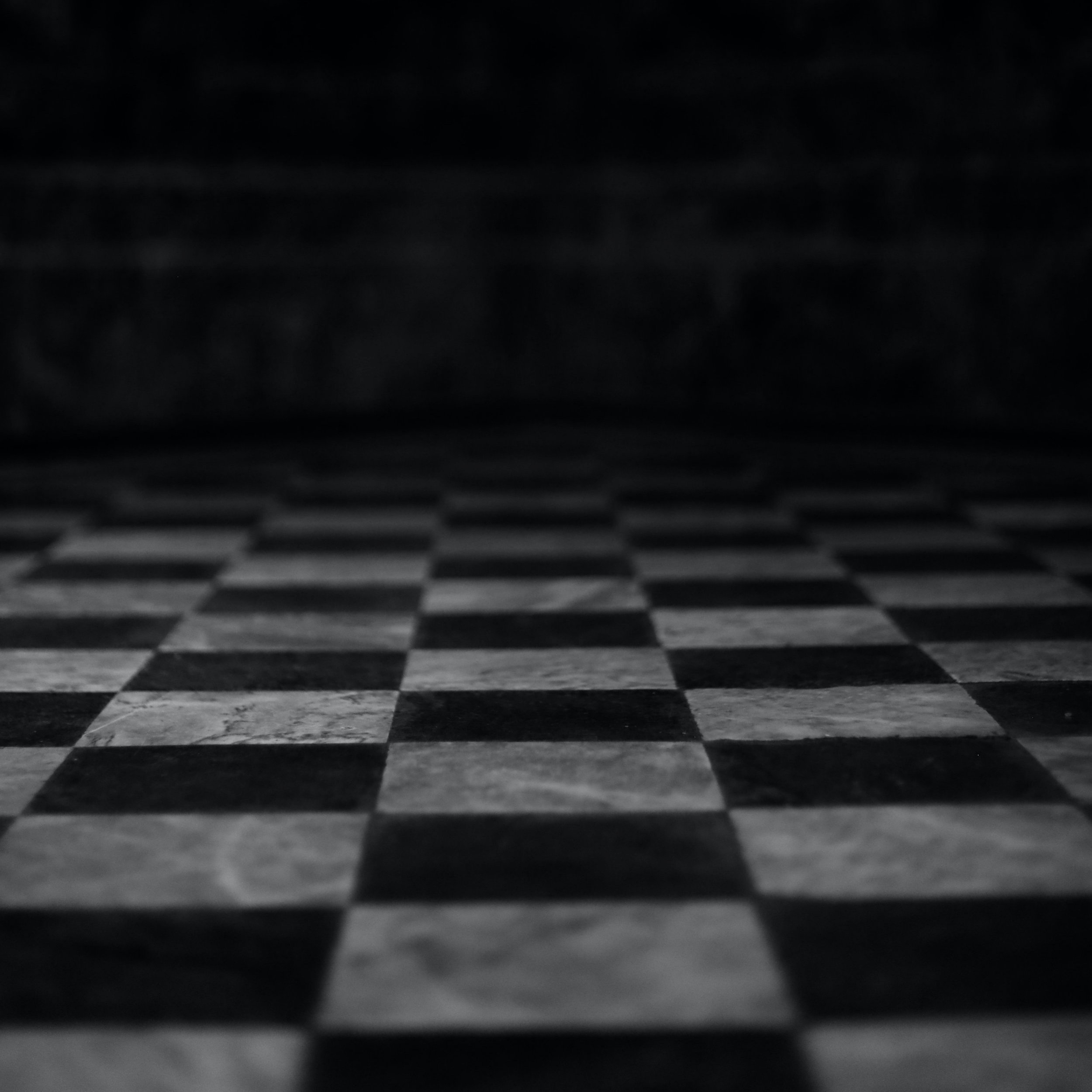You know it? You stand somewhere at a crossroads in your life and you don't know whether to turn right or left. Or if your life were a forest, whether you should pass the next tree on the right or left.
Both options seem tempting. Especially when I'm looking for mushrooms. It can happen that after choosing the right option, I also choose the left, out of fear that my decision was wrong and that great happiness awaits me on the left loop.
I love getting lost in the woods, following all the rules of mushroom hunting. Outwitting, disabling my sense of direction, which in normal life is quite excellent. I love surrendering almost spinelessly to the whirlwind of possibilities and the secret forces that act upon me and around me.
When I become pure possibility, I step out of the prison of my own four walls, the supposedly self-made identity that is only a kit provided by others. When I become pure possibility, I can lose myself under the radar and discover myself anew as something spacious and future-oriented.
Then, the quiet sorrow of unused possibilities, which in the either-or space did not stand for doors, but for windowless corridors, is forgotten.
Life is like a game of chess. It's simply very complicated. Claude Shannon attempted to count the trees that make up this forest. His result should not burden us, but encourage us – to play, to embrace the possibilities that arise, rather than to mourn those that we missed.
According to Shannon, there are 400 possibilities for the first two moves in chess. After each player has moved a piece five times, there are already 69,352,859,712,417 (sixty-nine trillion, three hundred fifty-two billion, eight hundred ninety million, seven hundred twelve thousand, four hundred seventeen) alternative games that have not been played.
We can't go back to the beginning.





